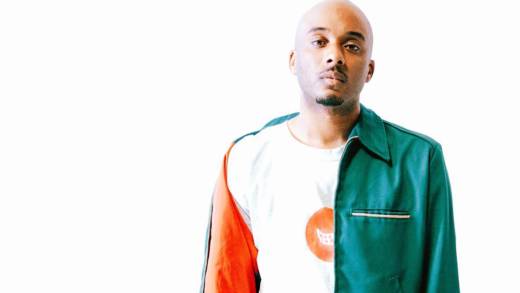The biggest stories in rap this year were about comebacks: A Tribe Called Quest’s first album in 18 years, Gucci Mane’s release from prison and welcome re-entry on the charts. But in the Bay, as it usually is, the story was all about new birth – and from most angles, no rapper represented vital emergence more than Caleborate with 1993.
If the 23-year-old Caleb Parker wanted to make an album to appeal to old Tribe heads, or early Kanye stans, or puritans dedicated to “the culture,” he succeeded. 1993 knocks with all the dependable head-nodding elements: soul samples, boom-bap beats, squiggly bass lines. One of the album’s best tracks, “Thank God,” actually opens with the line “I miss the old days.” And the album’s named for the Golden Year of Hip-Hop, fer chrissakes.
But 1993 isn’t a throwback for throwback’s sake. “Aug. 28” describes Parker’s journey to the Bay Area from his native Sacramento with a raw hunger and determination, backed by a sparse drum slap and oscillating waveform. “250 AM” describes conditions once he came here: exorbitant rent, low vacancy, gentrification, white kids at his shows pretending to be hood. Throughout, the album is peppered with conversations about the changing face of West Oakland and the Fillmore, and about the decimation of Oakland’s culture.
These are resonant issues in the Bay, where the black population in San Francisco is on an alarming decline, and where hip-hop talent like Zion-I is priced out. And though there’s no rule mandating that rap music must address these issues — too many listeners of hip-hop demand that victims also be vocal activists — Caleborate does so with both mindfulness and heart.



